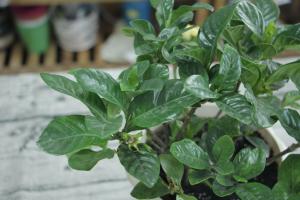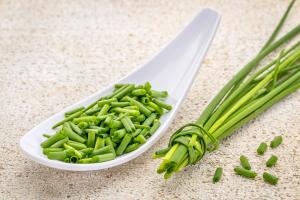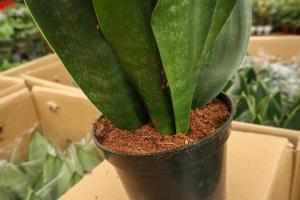Can I Plant a Jackfruit Tree in Texas?
If you're a fan of exotic fruits, you may have heard of the jackfruit, a large tropical fruit native to southeast Asia. With its distinctive flavor and nutritional benefits, the jackfruit is becoming increasingly popular in the United States. But can you grow a jackfruit tree in Texas, a state known for its hot and dry climate?
Climate Considerations
The first thing to consider when planting a jackfruit tree in Texas is the climate. Jackfruit trees thrive in hot, humid environments with ample rainfall, which may not be ideal for Texas. However, there are many microclimates in Texas, and some regions may be more suitable for growing jackfruit than others.
According to the USDA Plant Hardiness Zone Map, parts of Texas fall into Zone 9, which is suitable for growing jackfruit trees. Regions with a tropical or subtropical climate, such as the Gulf Coast, may also be suitable for growing jackfruit.
Soil Requirements
Another important consideration for growing jackfruit trees in Texas is soil quality. Jackfruit trees prefer well-draining soil that is rich in organic matter. They also require a slightly acidic soil pH, typically around 6.0 to 6.5.
Many areas of Texas have alkaline soil, which can be a challenge for growing certain plants. To create a more acidic soil environment for your jackfruit tree, consider incorporating organic matter such as compost or peat moss into the soil. You can also add sulfur to lower soil pH as needed.
Watering and Fertilization
Watering is crucial for the growth and development of jackfruit trees, which require consistent moisture to produce healthy fruit. In areas of Texas with low rainfall, you may need to water your jackfruit tree regularly during the growing season, especially during dry periods.
Jackfruit trees also require regular fertilization to support growth and fruit production. Apply a balanced fertilizer with a ratio of 8-3-9 every two to three months during the growing season.
Pests and Disease
Like any plant, jackfruit trees are susceptible to pests and disease. Common pests that can affect jackfruit trees include mealybugs, scale insects, and mites. To prevent pest infestations, keep your jackfruit tree healthy and avoid over-fertilizing.
Jackfruit trees can also be affected by fungal diseases, such as anthracnose or leaf spot. To prevent disease, ensure your jackfruit tree has good air circulation, avoid overhead watering, and promptly remove any infected plant material.
Conclusion
While growing a jackfruit tree in Texas may present some challenges, it is possible with careful planning and maintenance. By selecting the right location, improving soil quality, and providing proper watering and fertilization, you can help your jackfruit tree thrive in the Lone Star State. With patience and dedication, you may soon be enjoying the unique flavors and health benefits of this exotic fruit grown right in your own backyard.

 how many times do yo...
how many times do yo... how many planted tre...
how many planted tre... how many pine trees ...
how many pine trees ... how many pecan trees...
how many pecan trees... how many plants comp...
how many plants comp... how many plants can ...
how many plants can ... how many plants and ...
how many plants and ... how many pepper plan...
how many pepper plan...
































